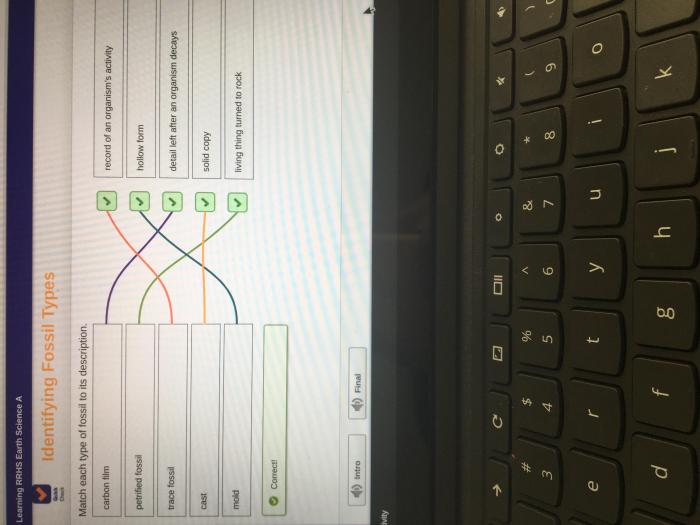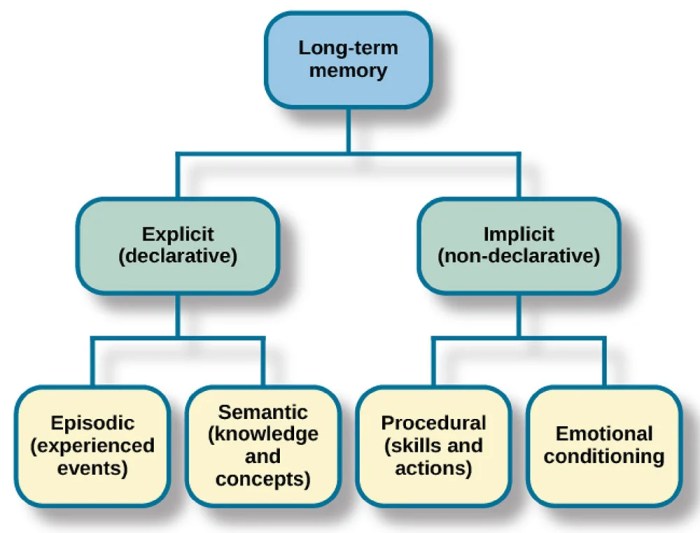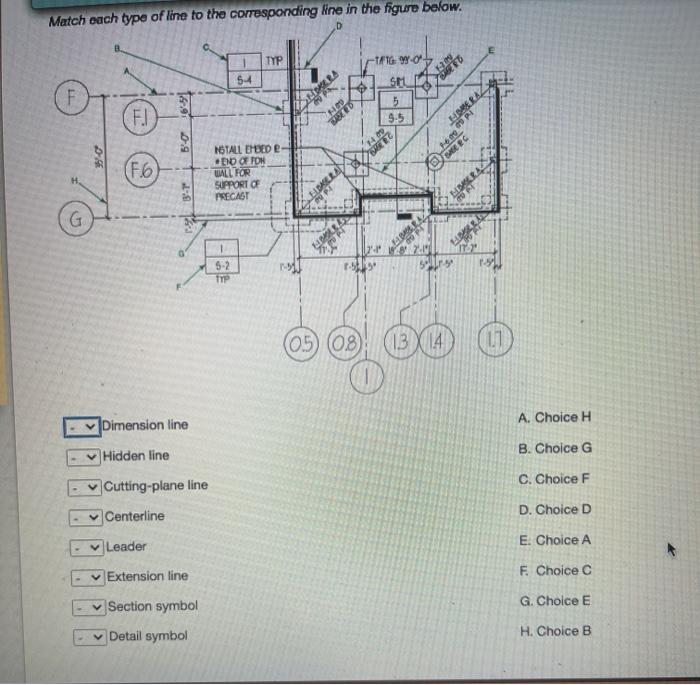Match each type of memory failure with its corresponding example. This comprehensive guide delves into the various types of memory failures, their characteristics, and real-life scenarios to provide a thorough understanding of this multifaceted topic.
The exploration of memory failures encompasses a wide range of aspects, including their causes, consequences, and effective management strategies. By shedding light on the intricacies of memory failures, this guide empowers individuals to navigate the challenges associated with memory loss and optimize their cognitive well-being.
Types of Memory Failures

Memory failures encompass a wide range of impairments that disrupt the ability to encode, store, and retrieve information. These failures can manifest in various forms, each with distinct characteristics and implications.
Anterograde Amnesia
Anterograde amnesia is the inability to form new memories after a specific point in time, typically following brain injury or trauma. Individuals with anterograde amnesia may have intact memories of events that occurred before the onset of amnesia but struggle to recall experiences that happen after that point.
Retrograde Amnesia
Retrograde amnesia refers to the loss of memories that were formed before a specific point in time, usually due to neurological damage or psychological trauma. This type of amnesia can affect memories from a particular period or extend to a more extensive timeframe.
Transient Global Amnesia
Transient global amnesia is a temporary episode of memory loss that affects the ability to form new memories and retrieve existing ones. This condition typically resolves within 24 hours and is believed to result from brief disruptions in blood flow to the brain.
Dementia, Match each type of memory failure with its corresponding example.
Dementia is a progressive cognitive decline that affects memory, thinking, and reasoning abilities. It is most commonly associated with Alzheimer’s disease but can also result from other conditions such as vascular dementia and Lewy body dementia.
Frequently Asked Questions: Match Each Type Of Memory Failure With Its Corresponding Example.
What are the most common types of memory failures?
The most common types of memory failures include anterograde amnesia, retrograde amnesia, transient global amnesia, and dissociative amnesia.
What are the causes of memory failures?
Memory failures can be caused by a variety of factors, including neurological disorders, injuries, psychological factors, and aging.
What are the consequences of memory failures?
Memory failures can have a significant impact on personal relationships, academic performance, and professional functioning.
What are some strategies for managing memory failures?
There are a number of strategies that individuals can use to manage memory failures, including memory aids, cognitive rehabilitation, and lifestyle modifications.

